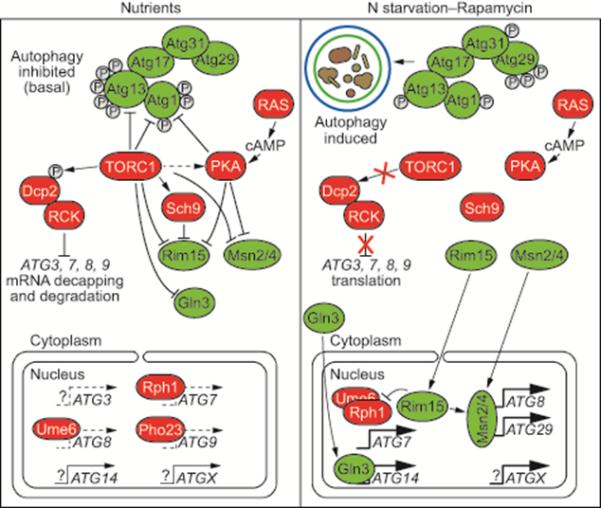Figure 8. A TOR-Mediated RCK-Dependent Pathway Negatively Regulates Autophagy Through mRNA Decapping and Degradation.

Under normal growth conditions (i.e., nutrient-replete), DEAD-box RNA helicases in the RCK family recruit ATG mRNA to the Dcp2 decapping complex, whose actions lead to cytoplasmic 5’-3’ mRNA degradation. TOR-associated phosphorylation of Dcp2 is required for transcript decapping and subsequent degradation. This process occurs simultaneously with transcript synthesis inhibition, facilitated by inactivation of positive transcription factors, such as Rim15, Msn2/4 and Gln3. Environmental stress, such as nutrient deficiency or rapamycin treatment, inactivates TOR, thereby preventing Dcp2 phosphorylation and causing RCK dissociation from ATG mRNA in a coordinate fashion. This facilitates accumulation of ATG transcripts and autophagy induction and acts in concert with transcriptional synthetic induction by positive ATG transcription factors.
